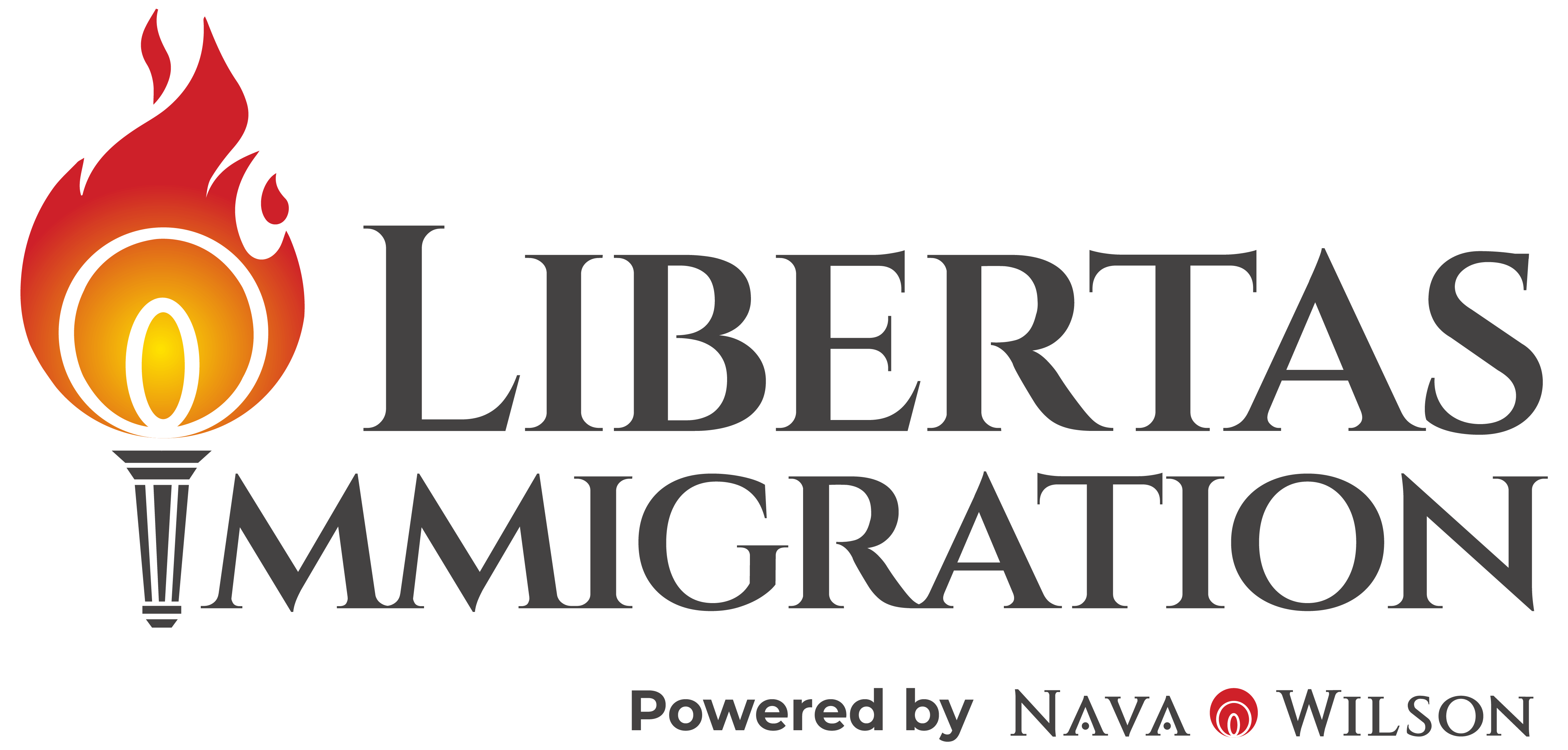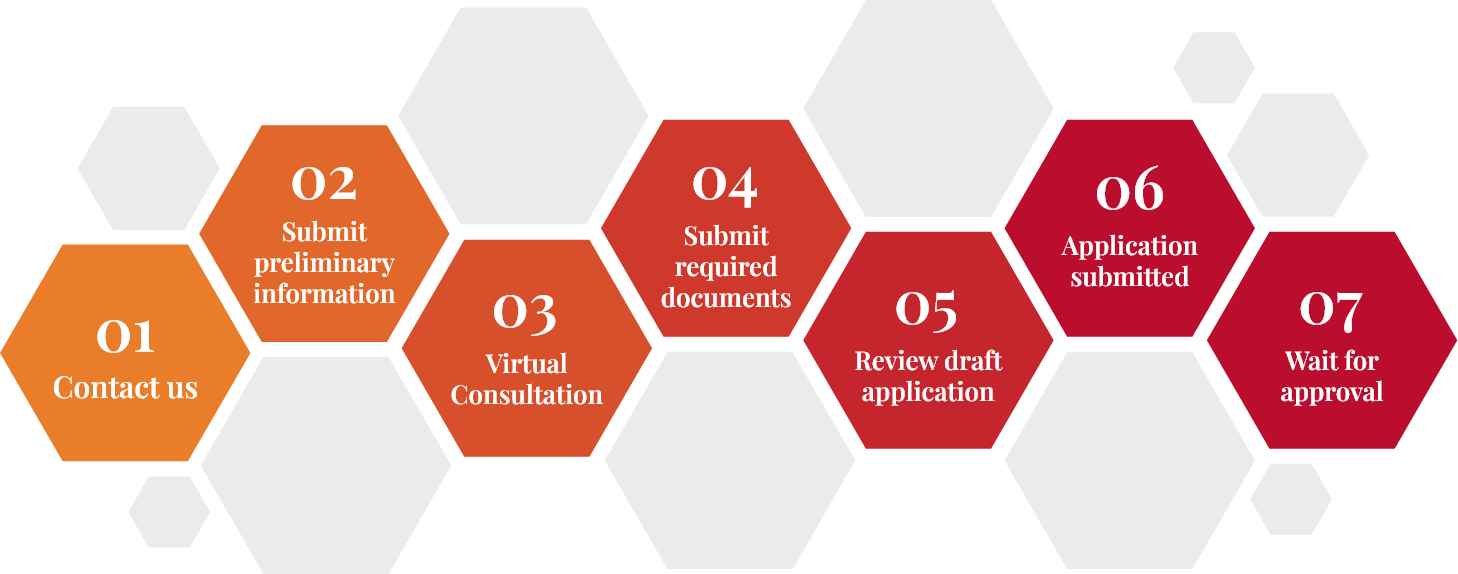
Eligibility Requirements for Visitor Visa in Canada:
Foreign nationals who do require visas must first apply to a Canadian visa office abroad before they travel to Canada. Applicants will need to meet the following requirements:
- Valid Travel Document: You must possess a valid travel document, such as a passport.
- Good Health: You may be required to undergo a medical examination.
- Ties to Your Home Country: Providing evidence of ties to your country of origin, such as employment, assets/property, and family and friends, can support your intention to return after your visit.
- Sufficient Funds: You should have enough funds to cover your stay, considering factors such as the duration of your visit and your accommodation arrangements.
- Letter of Invitation: In some cases, a letter of invitation from a Canadian resident may be necessary.

If your application is approved, the visa office will provide a multiple-entry or single-entry visa. You can then use this visa to travel and enter Canada.
Application Process for Visitor Visa:
Applying for a Canadian visitor visa can be complex, but our experienced team is here to assist you. The application process involves:
- Online Application: Complete the online application form with accurate information.
- Supporting Documents: Gather the required supporting documents, which may vary based on your country of origin and circumstances. Typically, these include a valid passport, proof of financial stability, and evidence of ties to your home country.
- Medical Examination and Insurance: Depending on your situation, a medical exam and health insurance may be necessary.
- Submission and Fee Payment: Submit your application and pay the required application fee.
- Application Review: Canadian immigration officials will assess your application for eligibility, considering various factors. The processing time for a visitor visa application can vary, depending on the volume of applications, resources and other factors, such as the need for additional information or documentation.
- Visa Issuance or Refusal: If approved, you will receive your visitor visa, specifying its validity and any conditions. For countries that need a visitor visa, IRCC will ask for an applicant’s passport, and they will insert in the passport a counterfoil with the details of the visa. In case of refusal, you may have options for appeal or reapplication.
Extending Your Stay
If an applicant wishes to extend their stay in Canada, you must check your temporary resident visa to make sure you apply before its expiry date. You should apply 30 days before your status expires. A visitor record is a document that gives you status as a visitor in Canada and allows you to stay longer & includes a new expiry date (that’s the new date that you must leave Canada by). If you apply to extend your visa, and it expires while you are waiting for a decision, you still have temporary resident (visitor) status, which is known as “maintained status” (previously called “implied status”).
Dealing with Refusals
Facing a refusal of your Canadian visitor visa application can be frustrating. However, it is important to remember that a visa refusal does not necessarily mean you won’t be able to visit Canada.
Our immigration lawyers can guide you through the steps to overcome a refusal and increase your chances of success. By carefully analyzing the reasons for the refusal and working together, we can determine the best course of action for a successful application ultimately achieve your travel goals.
Electronic Travel Authorization (eTA)
For visa-exempt foreign nationals traveling to Canada by air, an Electronic Travel Authorization (eTA) is mandatory. It allows the foreign national to enter Canada for up to six months at a time.
Key points about eTA include:
All visa-exempt travelers entering Canada by air must obtain an eTA, which is linked to their passport. It remains valid until the passport expires or for up to five years, whichever comes first. The eTA will need to be applied for again if the passport is new.
Upon arrival at a Canadian airport, border services officers verify travel documentation, including passports and associated documents. Once everything is in order and the purpose of your visit is deemed genuine, entry into Canada is granted.
If you have questions about filling out the eTA application or if your entry to Canada was refused due to eTA-related issues, our qualified immigration lawyers can provide guidance and assistance. We can help you understand the reasons for refusal and explore the best strategies for a successful application, enabling you to achieve your travel goals.
Super Visa
Parent & Grandparent Super Visas allow eligible parents and grandparents to apply and enjoy visiting their family in Canada for up to five years without the need to renew status. Citizenship and Immigration Canada (“CIC”) under this program may issue a multiple-entry visa valid for up to 10 years to eligible applicants to facilitate their back and forth travel between their home country and Canada.
Super Visa Requirements:
- Parent or grandparent of a Canadian citizen or a permanent resident of Canada;
- Admissible to Canada;
- Written commitment of financial support from their child or grandchild in Canada who meets a certain economic threshold;
- Proof of Canadian medical insurance coverage for at least one year; and
- Completed immigration medical examination.
Visa officers consider several factors before deciding if a person is admissible. The person must be a genuine visitor to Canada who will leave by choice at the end of the visit. Among the things that could be considered are:
- Ties to the home country;
- Purpose of the visit;
- Family and financial situation;
- Overall economic and political stability of the home country; and
- Invitation from a Canadian host.
If you hope to have your parent or grandparent stay in Canada permanently, you will need to submit a parental sponsorship application.
4 Top Reasons for Super Visa Rejection:
- Inadmissibility into Canada due to a criminal record;
- Incomplete or inaccurate information mentioned in the application (facts concealed, misrepresented);
- Relationship proof not clearly present or is inadequate, or no documentation is provided; and/or,
- Health status – being unwell, or undergoing treatment for a serious illness.
Featured Insights
Frequently Asked Questions
Certain foreign nationals, depending on their citizenship, require a visitor visa to visit or travel through Canada. It is essential to check if your country of citizenship is exempt from the visa requirement.
A visitor visa is a physical document placed in your passport, while an Electronic Travel Authorization (eTA) is electronically linked to a traveller’s passport. to your passport. Visitor visas are required for individuals from countries not exempt from the visa requirement, while eTA is mandatory for visa-exempt foreign nationals traveling to Canada by air.
The duration of your stay will be determined by the immigration officer at the port of entry. Typically, visitors are granted a stay of up to six months. However, it is important to adhere to the validity dates specified on your visa.
The required documents may vary based on your country of origin and individual circumstances. Typically, you will need a valid passport, proof of financial stability, evidence of ties to your home country, and potentially a letter of invitation, among other supporting documents.
The processing time for a visitor visa application can vary depending on factors such as application volume and the need for additional information. Generally, it is recommended to apply well in advance of your intended travel dates to allow for sufficient processing time. Check visa processing times, here.
In the event of a refusal, you may have the option to appeal the decision or reapply for a visa. Working with an immigration lawyer can help you understand the reasons for the refusal and explore strategies to increase your chances of a successful application.
No, a visitor visa does not permit you to work or study in Canada. If you wish to work or study, you will need to apply for the appropriate work permit or study permit.
No, a Canadian visitor visa does not grant you entry into the United States. The United States has separate entry requirements, and you will need to obtain the appropriate visa or authorization to visit the U.S.




